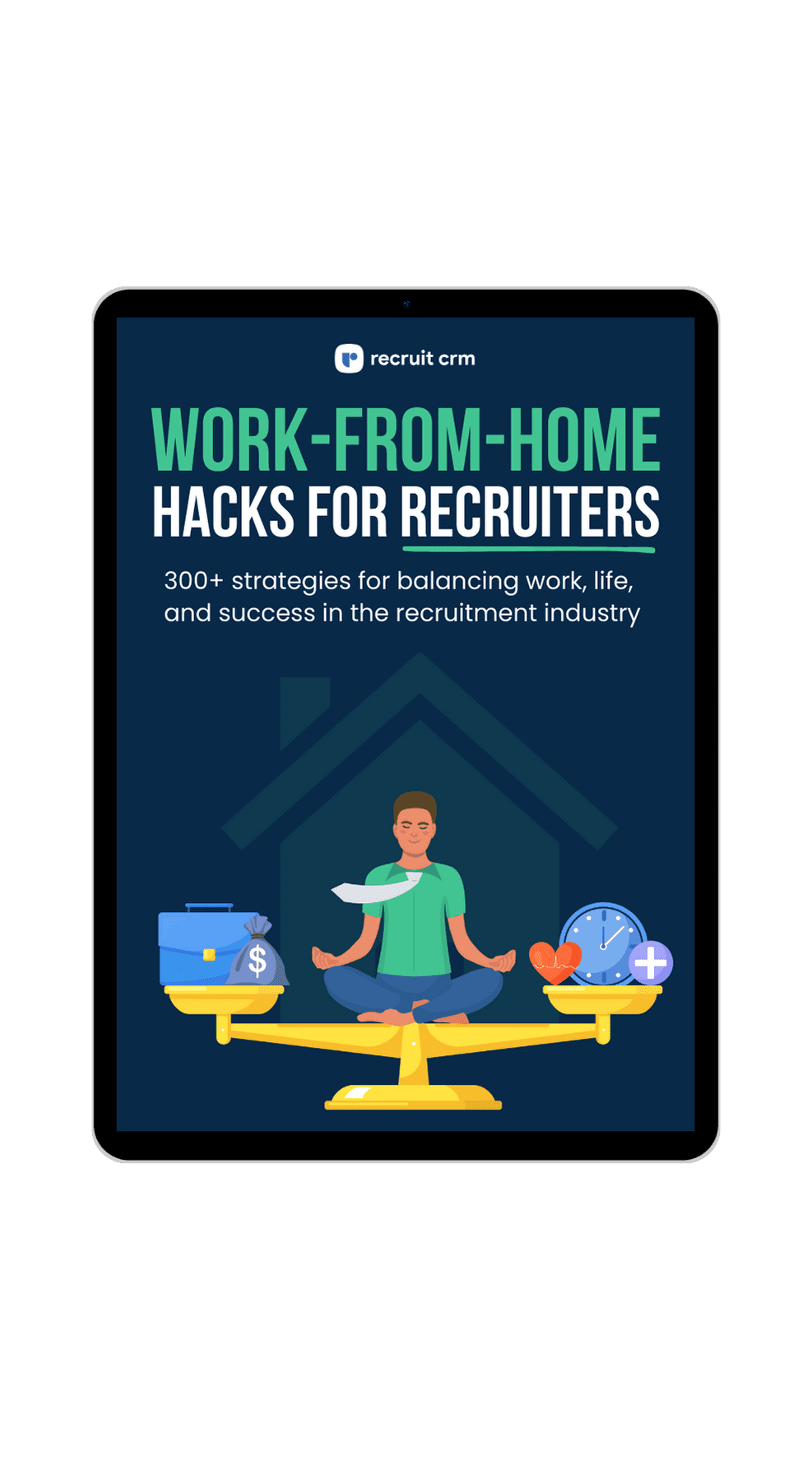Despite diversity, equity, and inclusion being all the buzz in the recruitment industry, the sad truth is that gender biases continue to affect hiring decisions worldwide.
According to a UN report that gathered data from 75 countries, 90% of people (including both men and women) hold biases in some form or the other against women. Also, nearly half of the respondents believed that men make for stronger company executives and leaders.
These numbers are disturbing, so we wanted to hear the stories behind them.
Here are some harrowing but true accounts of the misogyny women have run up against during the hiring process.
6 Horrifying Experiences of Women During the Hiring Process

1. Being a Young Single Woman Doesn’t Fall Under Your Criteria?
“I have to assume this would never go over today… but who knows.
Back when I was single and in my 20s, I interviewed for a promotion at my company. Another salesperson was also interviewed. He was a married man with kids.
My performance was consistently superior to his. We were told that if he got the job, it would come with a company car. Me? Not so much. Why? Because I was “just” a single young woman.”
– Melanie Wilson, Founder of Melanie Wilson Media
2. Not Taking Women Seriously for Executive Roles
“When I was interviewing for a strategic Chief of Staff role reporting to the CEO of a tech company, I was caught by surprise upon being asked a startling, sexist question.
The interviewer kicked off the video call by asking me, ‘Have you already interviewed with the CEO?’ I said, ‘Yes, a few times so far.’ He raised one eyebrow and smirked at me as he replied, ‘He’s really handsome, isn’t he?’
I felt as if he were implying I was pursuing this special role for less-than-professional reasons. I was glad to sidestep his question with, ‘All of our interviews have been voice-only – I’ve really enjoyed our discussions.’
While I had come across plenty of pictures of the CEO in the course of researching the company, our calls had, in fact, been video-off. In the end, I appreciated how the interview question gave me a glimpse into the company’s culture.”
– Lucia Chang, Founder of Senior Wing
3. Ridiculously Telling Women How to Dress up!
“I’ve had a few sexist experiences during my employment career. One was at an office job when the HR manager asked me to dress up as the ‘man of the house’ and gave me makeup, high heels, and a skirt to wear in front of clients.
Another was when I applied for a role where the recruiter told me that he didn’t want to hire women who looked masculine for their roles because he thought they would threaten his business model.
When I raised these issues with him and tried to get him to change his ways, he became even more aggressive about it.
It’s important to recognize and address these experiences to ensure that women are treated with respect and given equal opportunities to succeed in the workplace.”
-Sussane Smith, HR Leader at LEDask
4. Dumping Workload on Women and Still Not Appreciating Them
“I worked in an office as a software engineer. I’d experienced sexism before, but this day was different.
It was a Saturday, and all my colleagues were at home. Still, my manager came to me and wanted to go over some projects that I had worked on over the last month. She asked me to write up a few things so that she could look over my work more closely.
I did as I was told, asked for clarifications along the way as needed, and wrote up what I thought it should look like. When it was done, she left it on my desk with an apology saying that it was good but not great. That never happened before!
These actions can reinforce gender stereotypes and make women feel like they are not taken seriously in their roles.”
-Amelia Davidson, HR Leader at NcCutting Tools
5. Gender Bias at its Peak!
“I encountered sexism during the hiring process when I applied for a job in the financial industry. I had all the qualifications and experience required, but the interviewing panel focused their questions on my gender.
They asked me why I should be hired instead of a man and even suggested that I was only there because of a ‘quota.’ I knew I was being discriminated against, and it left me feeling frustrated and discouraged.
This event taught me how ubiquitous gender bias is in the workplace. According to studies, women are typically judged harsher in job interviews than males, and they are less likely to be hired for specific occupations.
Furthermore, women face additional challenges in the hiring process, such as a lack of mentors or sponsors, which can make it even more difficult to get work.”
-Hannah Sanderson, CEO and Founder of Clever Canadian
6. Doubting if Women Can Maintain a Work-life Balance
“I was interviewing for a high-level position, and during the interview, one of the male interviewers asked me how I would balance my work with my family responsibilities. This question was inappropriate and irrelevant to my qualifications and experience for the position.
This experience highlighted the need for us to address the issue of internalized biases against women in our hiring process.
To address this, we started implementing training programs for all our HR staff to raise awareness of gender biases and provide tools and strategies to avoid them.”
-Veena KV, Head of People Ops at Lanteria HR Solution & SyndicationPro
4 Tips on Creating a Bias-free Hiring Process

1. Writing Inclusive Job Descriptions
One of the most important things that recruiters can do to avoid instances of gender bias is to review and update job descriptions.
It is essential to use gender-neutral language in JDs and avoid any gender-specific requirements or qualifications that are not necessary for the job.
2. Creating a Structured Interview Process
Implementing a structured interview process is another way to avoid instances of sexism or misogyny during the hiring process.
You must use a standardized set of questions for all candidates to ensure that everyone gets treated fairly and is asked the same questions.
Also, train your interviewers to use the same process to ensure consistency and avoid any inappropriate or discriminatory questions.
3. Avoiding Stereotypes
You must steer clear of making assumptions based on gender, age, or any other demographic information.
This includes avoiding stereotypes about job roles, such as assuming that men are more suitable for leadership roles.
Evaluate candidates based on their skills, qualifications, and experience rather than any assumptions or stereotypes.
4. Implementing DE&I Training
Providing diversity and inclusion training to all employees involved in the hiring process, including recruiters and hiring managers, is another way to avoid instances of gender-based discrimination.
This training covers topics such as unconscious bias, privilege, and the impact of discrimination. It’s also great to encourage feedback from candidates to identify areas for improvement and make changes to the process accordingly.
Even today, women are still outnumbered, outranked, and out-earned by men in the workforce. These cases of gender biases during hiring are just a fistful compared to what’s happening out there.
So recruiters and businesses today must do everything possible to ensure a fair and respectful recruiting process for female candidates if they don’t want to lose out on top talent.




